FDA Approves Onureg as Continuing Therapy for Adults with AML in Remission
By Jeff Craven /alert Contributor
October 8, 2020
The Food and Drug Administration (FDA) has approved the use of Onureg (azacitidine 300 mg tablet), an oral therapy for adults with acute myeloid leukemia (AML) who are in remission after chemotherapy but not able to complete curative therapy, according to an announcement from the drug’s manufacturer, Bristol Myers Squibb.
Results from the phase 3 QUAZAR AML-001 study showed a “statistically significant and clinically meaningful improvement” in patient overall survival at 10 months compared with placebo, and were the basis for the FDA’s approval of Onureg, the company said.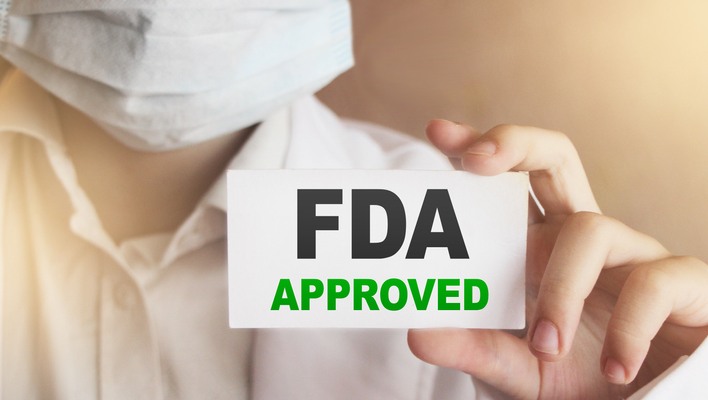
“Continued treatment with Onureg demonstrated an overall survival benefit in adults with AML who had achieved first complete remission in the QUAZAR AML-001 study and, notably, it has the potential to do this in a convenient manner, given its once daily oral formulation,” Andrew Wei, MBBS, Ph.D., lead investigator of QUAZAR AML-001, who is from Alfred Hospital and Monash University in Melbourne, Australia, said in a press release. “This approval should help establish continued treatment with Onureg as a standard component of AML therapy for adults who achieved first complete remission following chemotherapy and who cannot proceed to intensive curative therapy, like hematopoietic stem cell transplant.”
In QUAZAR AML-001, 472 participants were randomized to receive once-daily Onureg at a dose of 300 mg or placebo for 14 days of a 28-day cycle in addition to supportive care. The participants were at least 55 years old with AML, and had achieved first complete remission or complete remission with incomplete blood count recovery within 4 months. Participants were excluded if they were candidates for hematopoietic stem cell transplant (HSCT).
Dr. Wei and colleagues found a median overall survival (OS) of 24.7 months in participants taking Onureg (95% confidence interval, 18.7-30.5) compared with a median OS of 14.8 months in the placebo group (hazard ratio, 0.69, 95% CI, 0.55- 0.86; P = .0009). Serious adverse reactions of Onureg included pneumonia in 8% of participants and febrile neutropenia in 7% of participants, 8% discontinued due to an adverse reaction, and a fatal adverse reaction of sepsis occurred in 1 patient taking Onureg. Other adverse reactions in the Onureg group compared with placebo were nausea (65% vs. 24%), vomiting (60% vs. 10%), diarrhea (50% vs. 21%), fatigue and/or asthenia (44% vs. 25%), constipation (39% vs. 24%), pneumonia (27% vs. 17%), abdominal pain (22% vs. 13%) arthralgia (14% vs. 10%), decrease in appetite (13% vs. 6%), febrile neutropenia (12% vs. 8%), dizziness (11% vs. 9%) and pain in an extremity (11% vs. 5%).
“The FDA approval of Onureg is the culmination of over a decade of research and 13 pre-clinical and clinical trials. We are grateful to the patients, families and caregivers who participated in and supported these trials, and who ultimately made today’s advancement possible,” Giovanni Caforio, MD, chairman and chief executive officer at Bristol Myers Squibb, said in a press release. “This milestone is representative of our commitment to helping patients with hard-to-treat cancers live longer, and the approval of Onuregas an oral therapy option for patients is more relevant now than ever as the world continues to navigate the COVID-19 pandemic.”
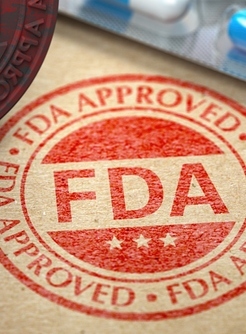
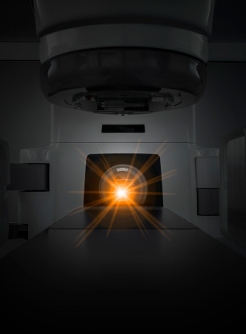
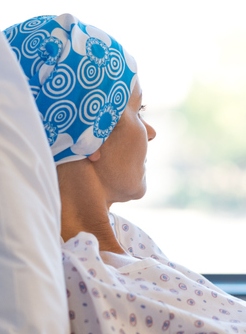
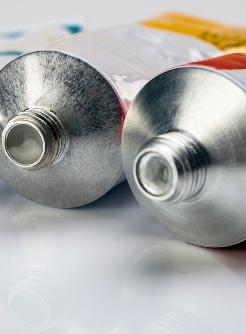
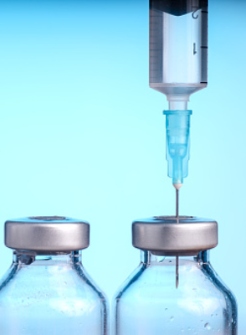
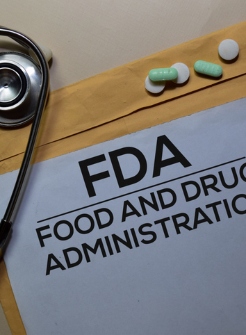

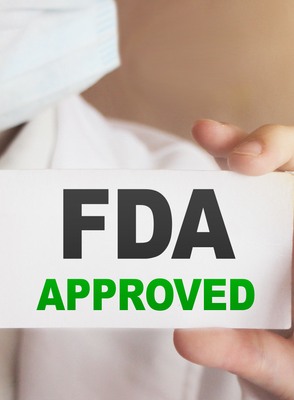
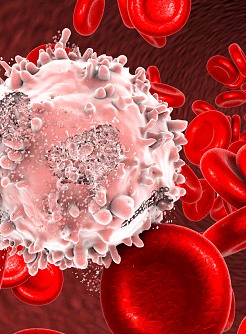
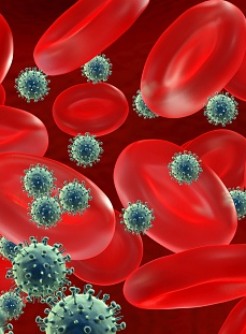



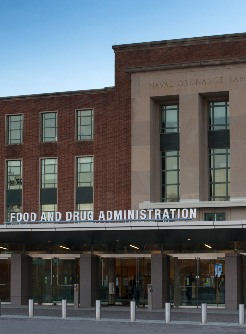

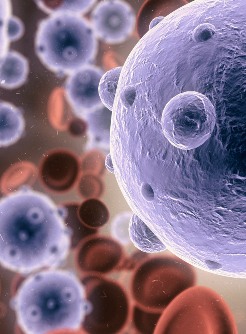
.jpg)
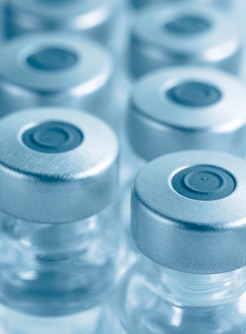
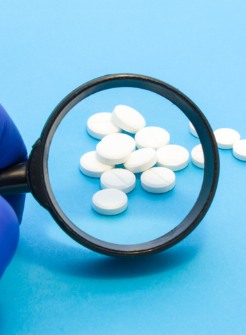

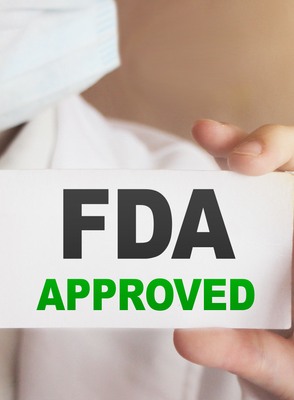
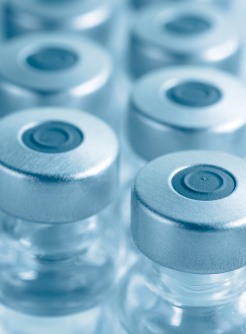
.jpg)



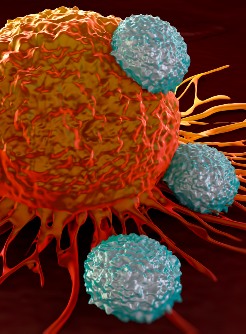
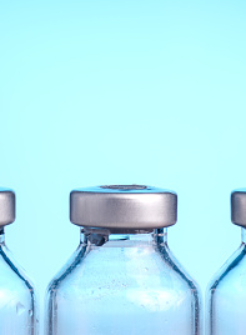
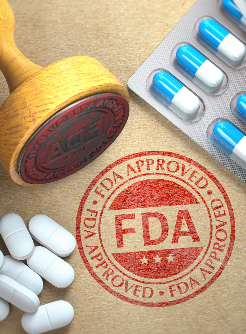
.jpg)
.jpg)
.jpg)
.jpg)
.jpg)
.jpg)
.jpg)

.jpg)
.jpg)